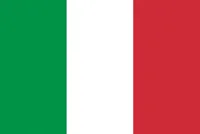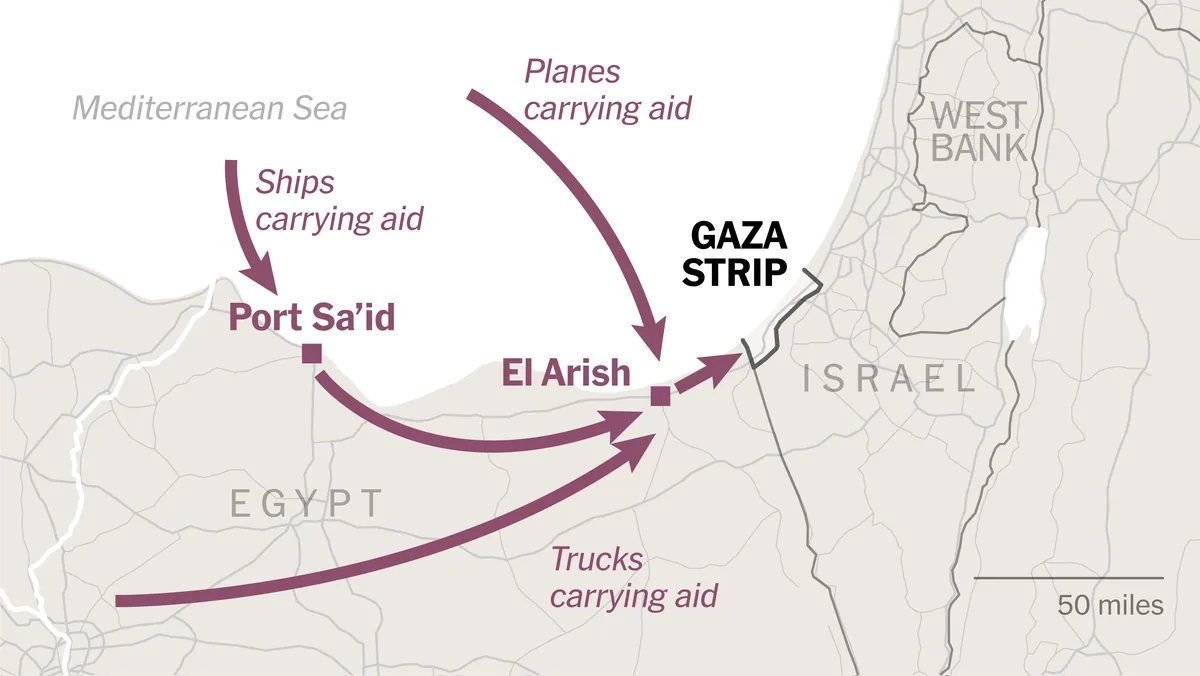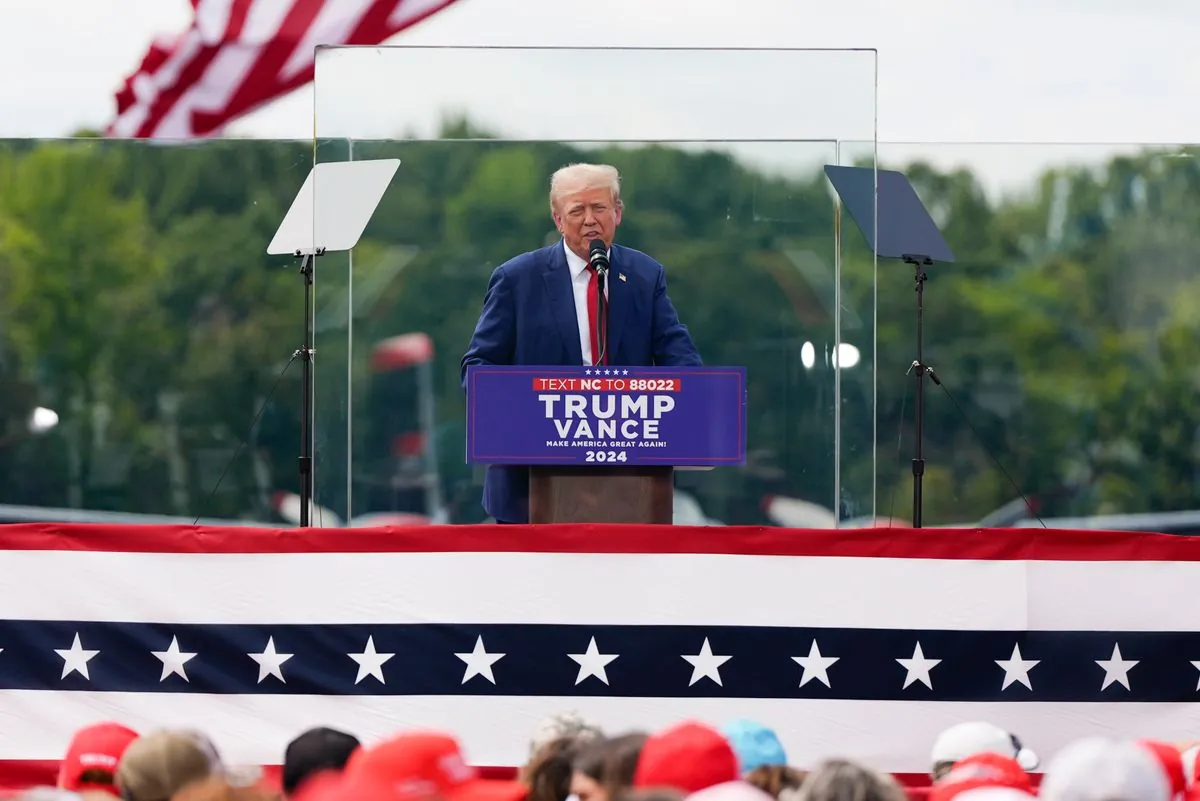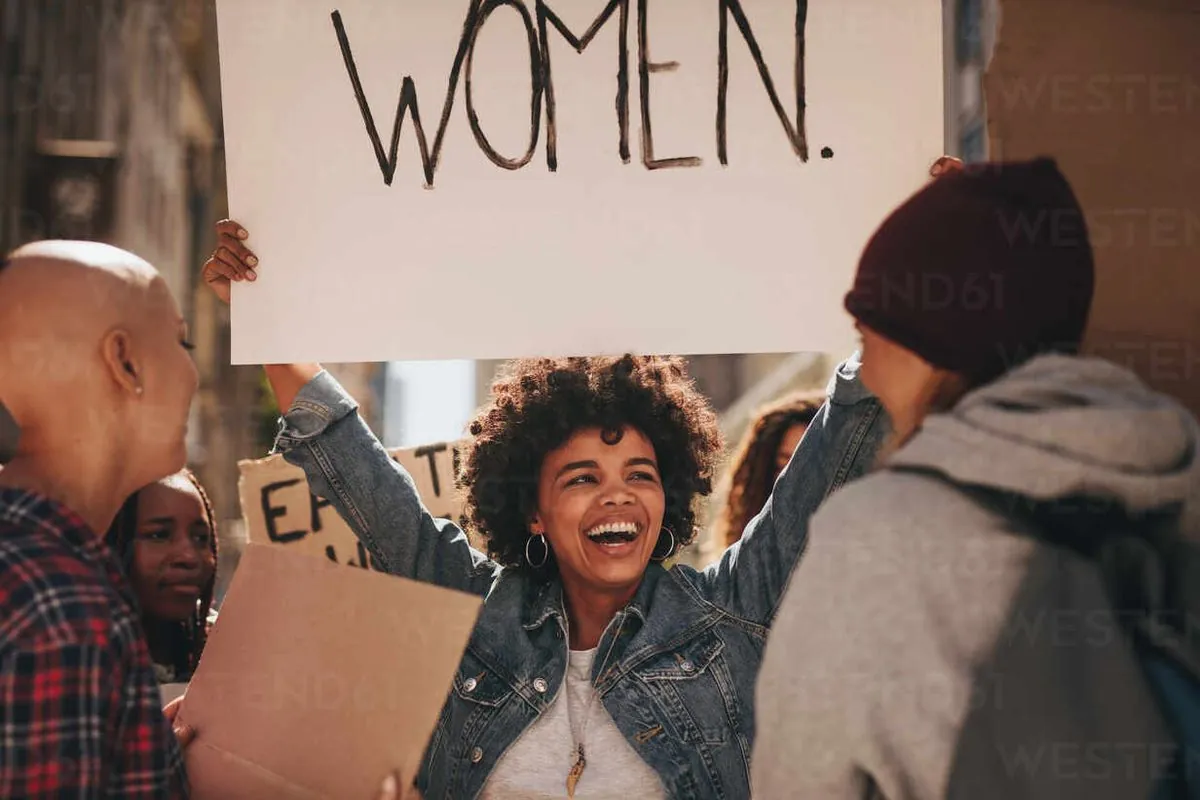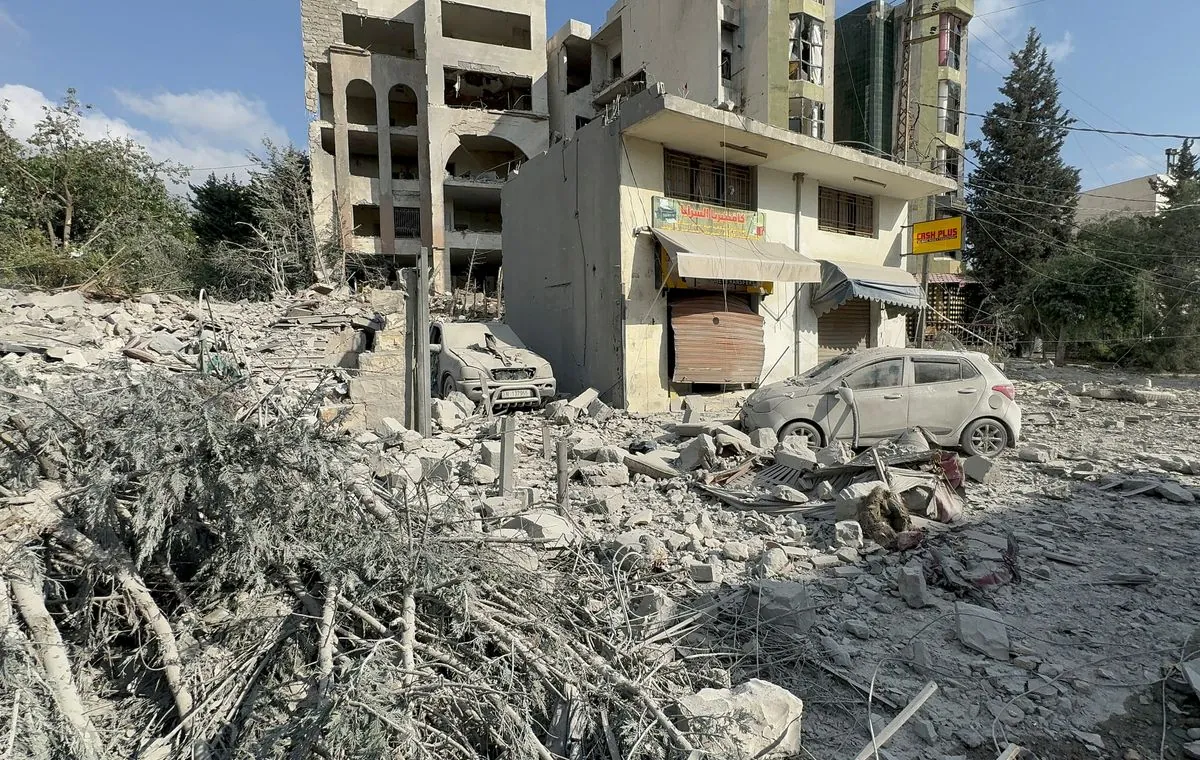African citizens push for accountability amid ongoing crises
African nations face various challenges‚ from military coups to constitutional manipulation. Citizens are increasingly demanding accountability through protests and civil society movements‚ seeking to address longstanding issues of corruption and poor governance.
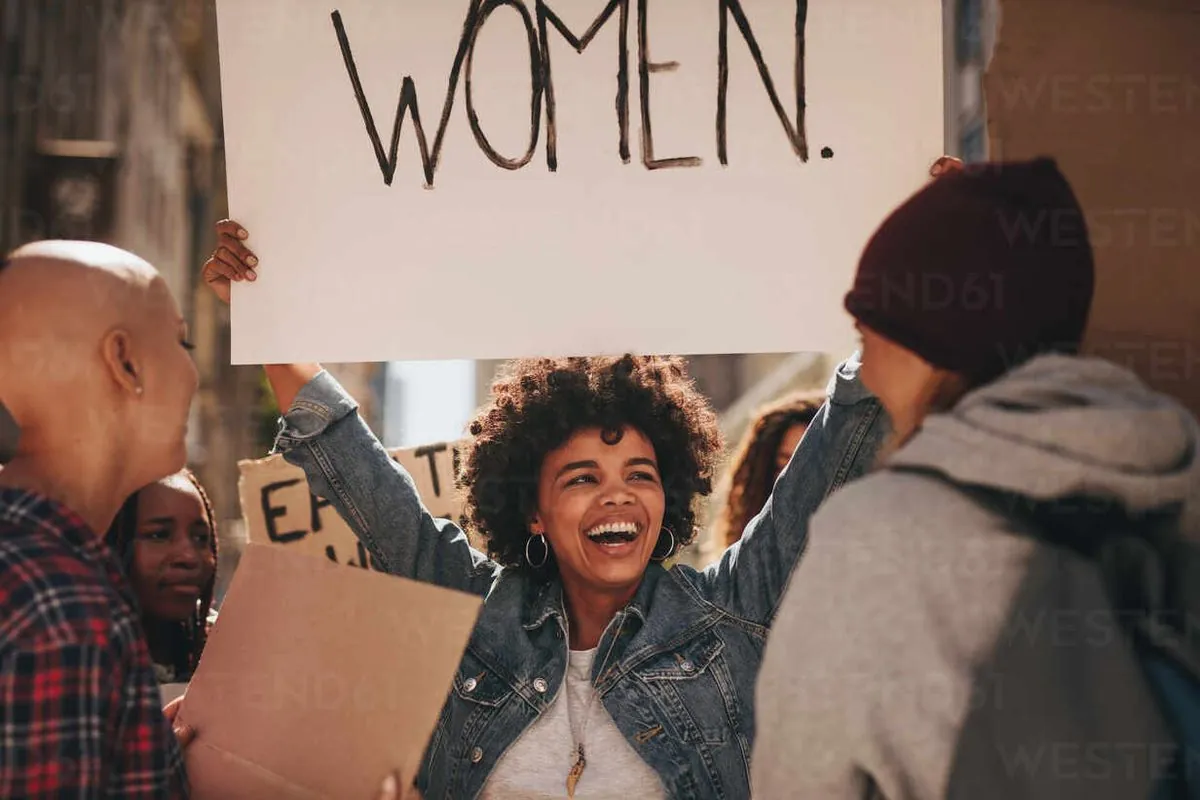
Africas landscape is dotted with crises‚ from the Sahel regions military takeovers to coastal nations Islamic insurgencies. The continents struggles stem from a common root: governments failing to meet citizens basic needs
In the Sahel‚ countries like Burkina Faso Mali Niger and Guinea have seen elected officials toppled by military juntas. While soldiers often step into power vacuums their track record in fixing national problems is dismal. Elsewhere Sudan grapples with a deadly civil war; Nigeria faces growing insurgencies; and Ivory Coast deals with constitutional tinkering
Cameroon presents a peculiar case with its 91-year-old leader Paul Biya whos ruled since 82 (over four decades) His recent extended European stay sparked death rumors prompting an odd government ban on discussing his health: a clear sign of the nations leadership crisis
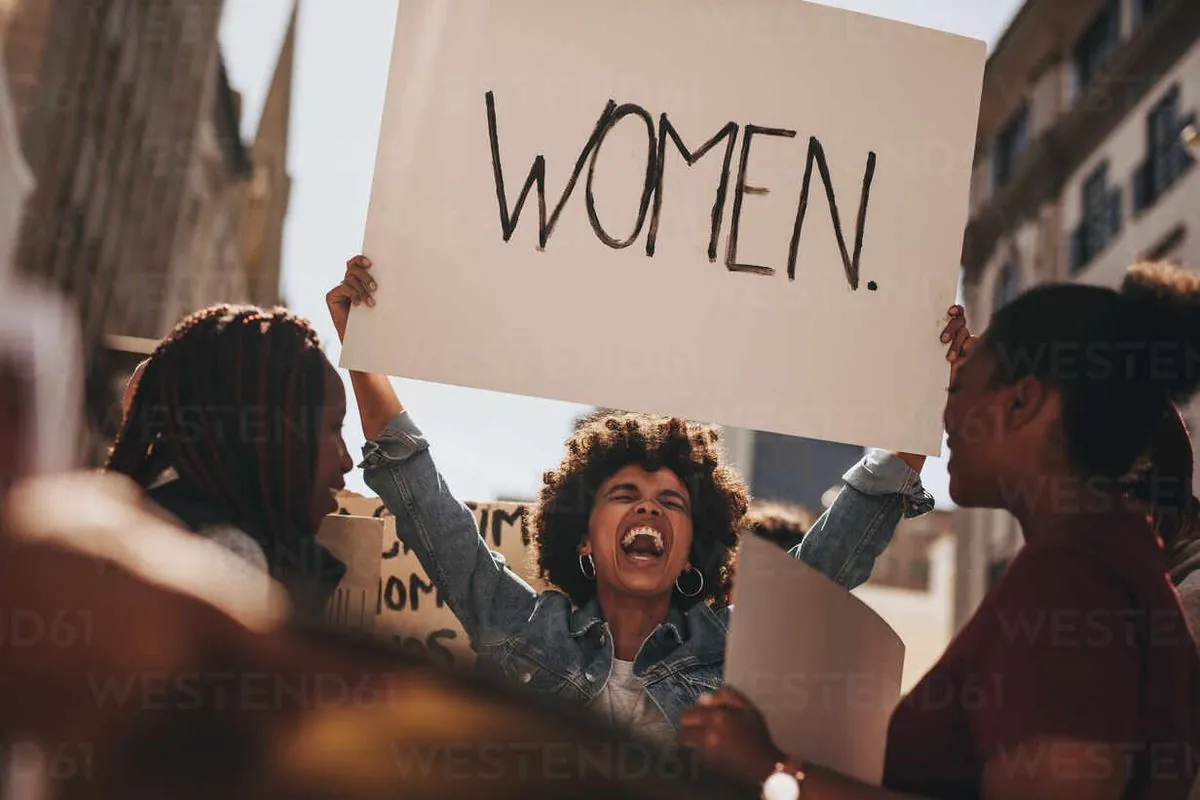
These varied issues share a core problem – states inability to provide basic services. Many African nations struggle to offer universal electricity clean water or decent schools. This stems from a complex history including colonial exploitation inadequate preparation for independence‚ and global economic structures that hindered African development
The continents economic woes are rooted in its past. Most sub-Saharan countries gained independence after 57 (roughly 67 years ago) inheriting neglected infrastructure and undereducated populations. Africas Balkanization – including 16 landlocked nations – further complicated progress. Globalization‚ which began in the 80s‚ largely benefited China leaving little room for African industrialization
International institutions like the World Bank have shifted strategies often ignoring African priorities. Western nations particularly the US‚ have supported undemocratic regimes while preaching democracy. Even Chinas initial infrastructure boom has slowed‚ dimming hopes for a Chinese-fueled African takeoff
Africa must look inward‚ to its own resources—intellectual social cultural and even economic—to fulfill its peoples desires for healthy development
Encouragingly‚ civil society groups are fighting corruption political elite capture and human rights violations. Countries like Ghana Nigeria and Kenya have seen growing pushback against government policies. Kenyans braved police violence to protest tax hikes; Nigerians demonstrated against policies lowering living standards; and Ghanaians rallied against illegal gold mining linked to corruption
These arent revolutions but they aim to normalize citizen accountability – something elections alone havent achieved. Civil society heroes like Bright Simons a Ghanaian social media presence‚ investigate issues from real-estate speculation to oil lease intricacies
Simons sees hope in continent-wide transparency efforts. He advocates for uniting civil society across Africa: “If there was you know 20 people [on transparency and corruption] in Ghana 20 people in each of the other countries youd have a thousand people all of a sudden which is more like a critical mass and thats what we need for quality governance and accountability to become culture“
While challenges persist‚ these growing movements signal a shift towards citizen-driven accountability in Africa. The continents future may depend on nurturing these efforts and fostering pan-African cooperation among civil society groups



















